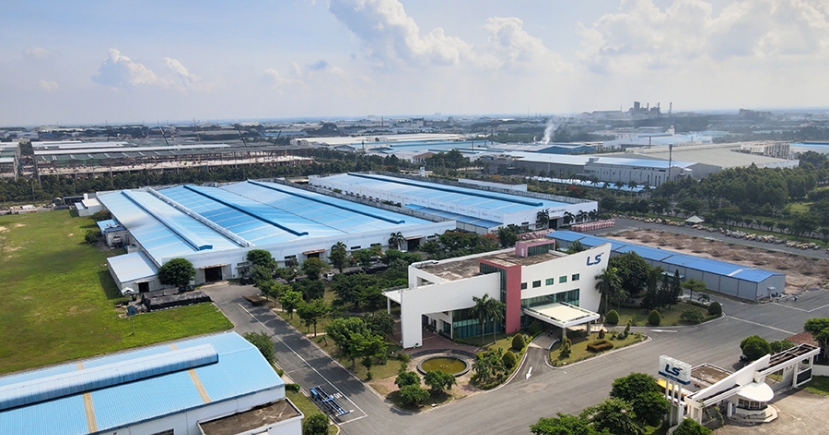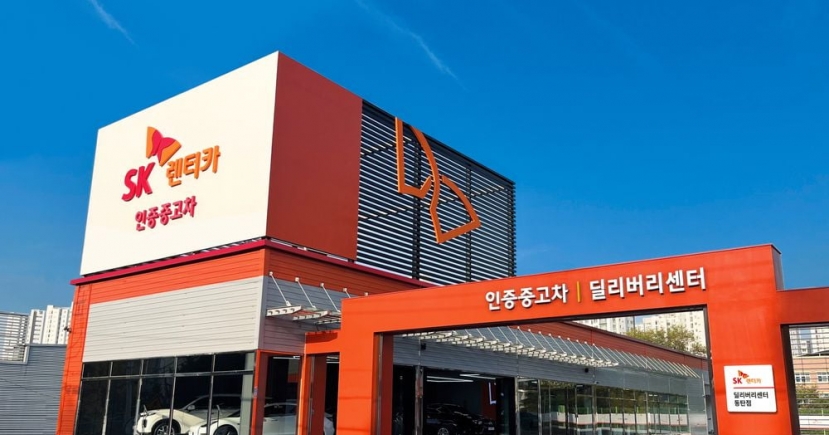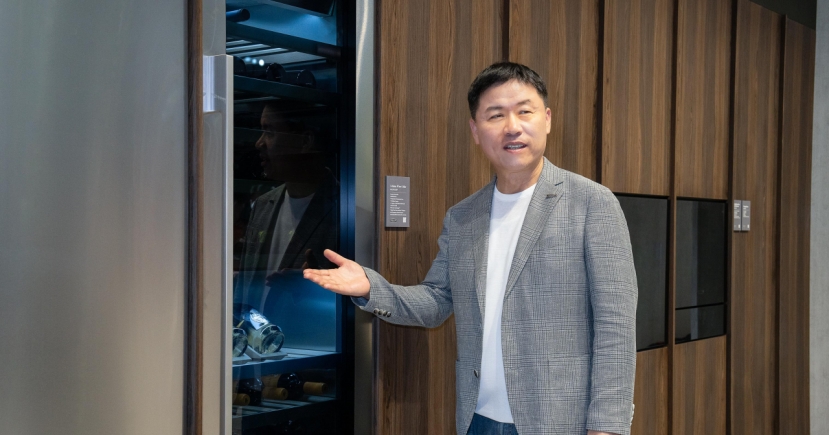Finance
TRS, leverage scheme behind hedge fund debacle in Korea
The recent brouhaha surrounding hedge fund company Lime Asset Management is stoking concerns about a potential liquidity crunch across the financial market in South Korea.
At the heart of the controversy is what is called a total return swap. Simply put, a TRS is a financial deal that helps fund operators like Lime Asset enjoy leverage.
For instance, a hedge fund can acquire underlying assets, including bonds, equities, commodities and mortgage-backed securities, in partnership with a cash-rich financial firm, which could be a stock brokerage, insurance company or bank.
Under a TRS contract, the financial institution actually buys the assets and holds legal ownership over them while the hedge fund pays commissions to its partner.
 |
Lime Asset Management CEO Won Jong-jun at a press conference Oct. 14 in Seoul.(Yonhap) |
While minimizing its cash outlay, thanks to the contract the hedge fund can invest more than it could on its own. It can later sell the assets at higher prices at maturity and repay its investors.
The financial firm, technically a lender, receives a stable income through the TRS deal. It can also ask the other party to return the funds or liquidate the assets at the new market price if the hedge fund fails to make commission payments or becomes insolvent.
In most liquidation processes, institutional investors are paid first as they are secured creditors, while individual investors bear the brunt of the loss.
If lenders decide to sell the underlying assets at a price much lower than the prevailing market price at the time of the sale, individual investors can lose all their money.
Lime Asset is said to have signed TRS contacts worth 670 billion won ($569.2 million) for three types of funds with institutional investors Shinhan Investment & Securities, KB Securities and Korea Investment & Securities. The figure makes up 42 percent of the 1.6 trillion won in the three funds. Some of the investors reportedly seized a significant amount of the assets as collateral after Lime Asset started to fail to repay its investors late last year. The loss from Lime Asset’s three funds is expected to reach as much as 1 trillion won.
The Lime Asset issue is spilling over to other asset management firms as investors are fretting over a liquidity shortage in the market.
Right before the Lunar New Year holiday, which fell Jan. 24-27, brokerage houses including Korea Investment & Securities and Mirae Asset Daewoo asked fund manager AlpenRoute Asset Management to pay back at least 20 billion won given to the fund operator via a TRS scheme.
The financial authorities have warned of excessive concerns about liquidity issues in the fund market.
“It is not appropriate for stock trading firms to increase concerns over liquidity through their prime brokerage services,” said Sohn Byung-doo, a vice chairman at the Financial Services Commission, the nation’s financial watchdog, which is currently probing the Lime Asset case.
Prime brokerage services include a range of services provided by stockbrokers, and they include TRS-based loan schemes.
By Kim Young-won (wone0102@heraldcorp.com)








